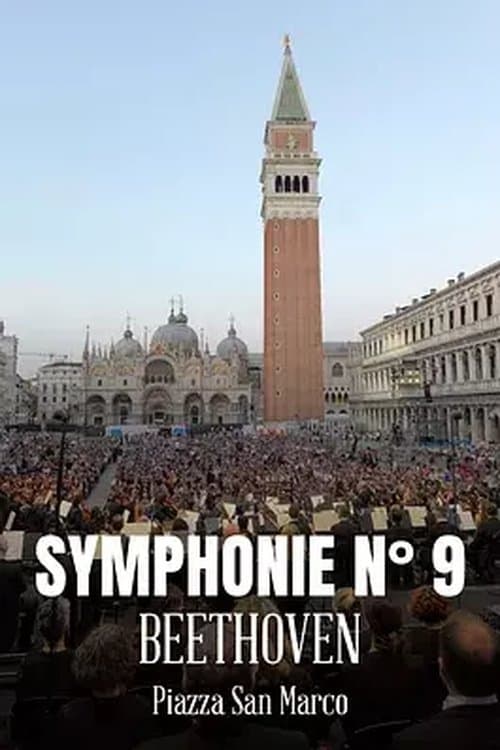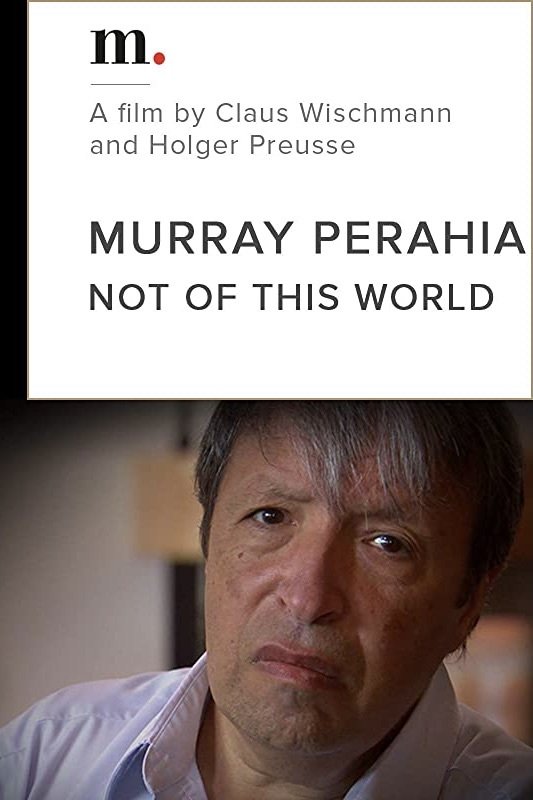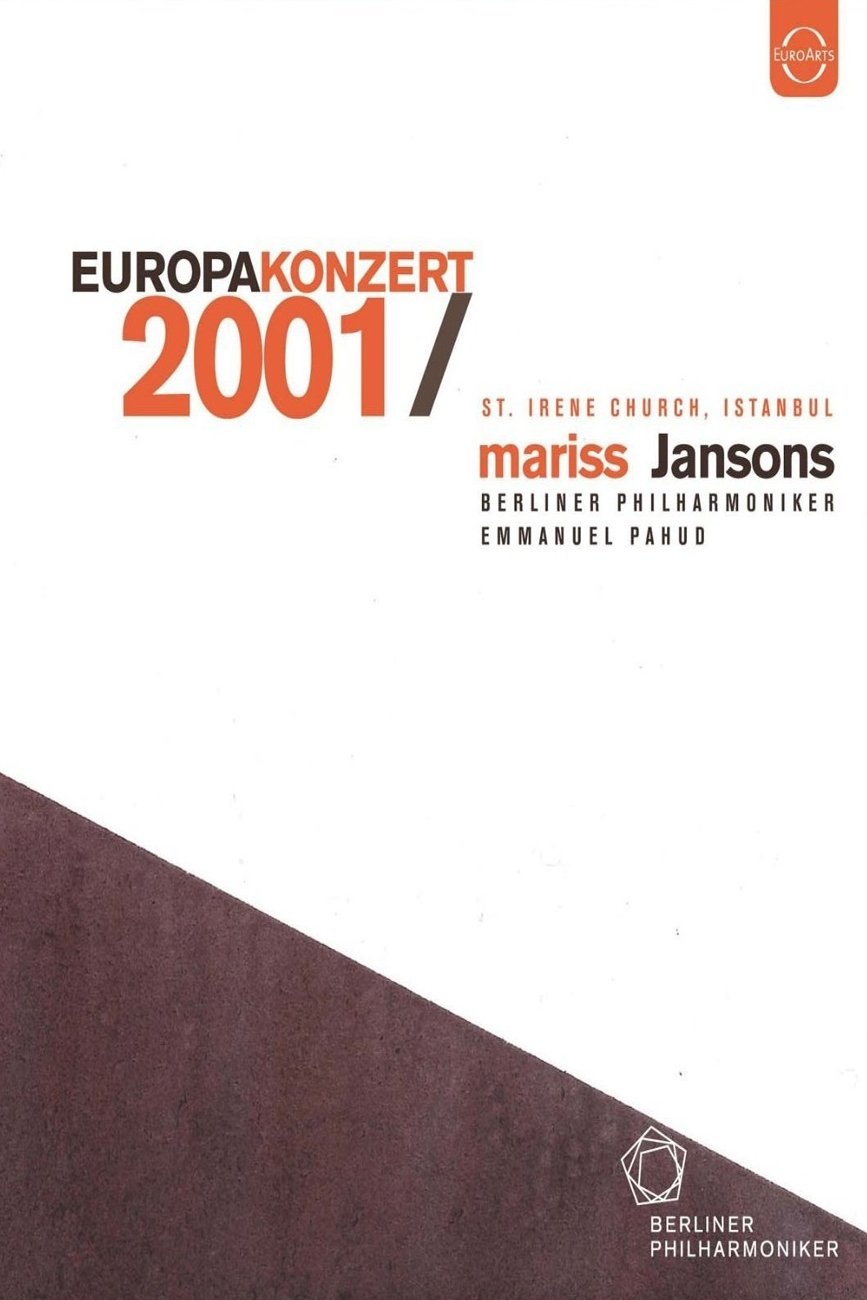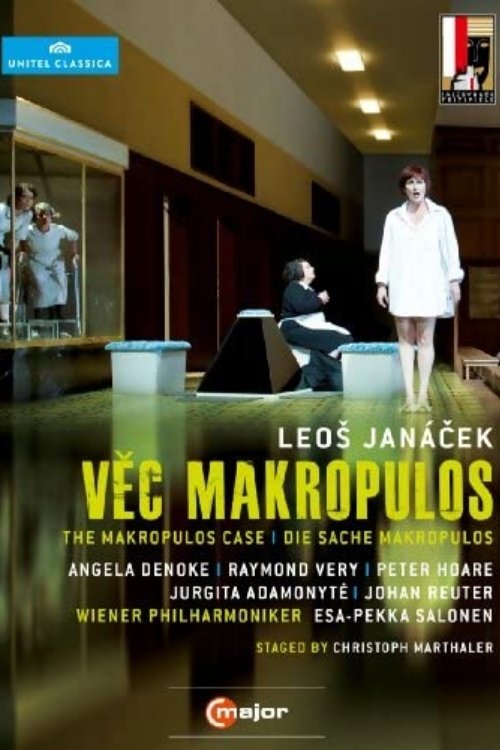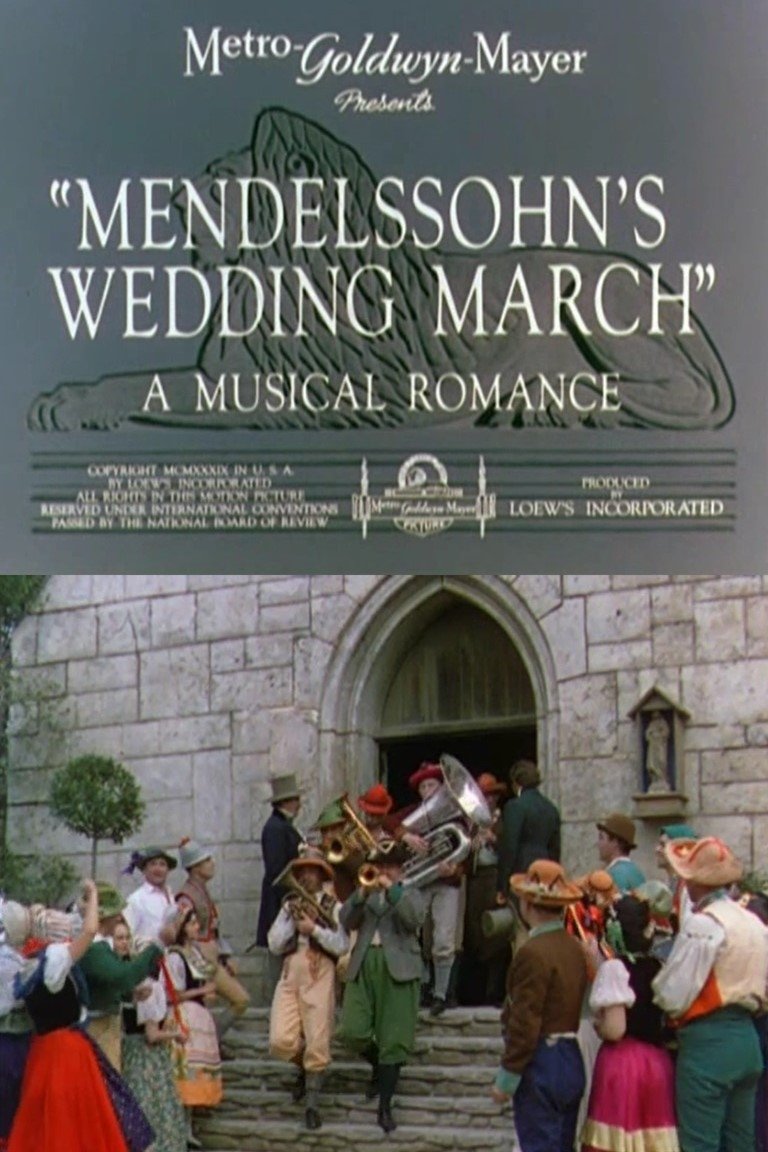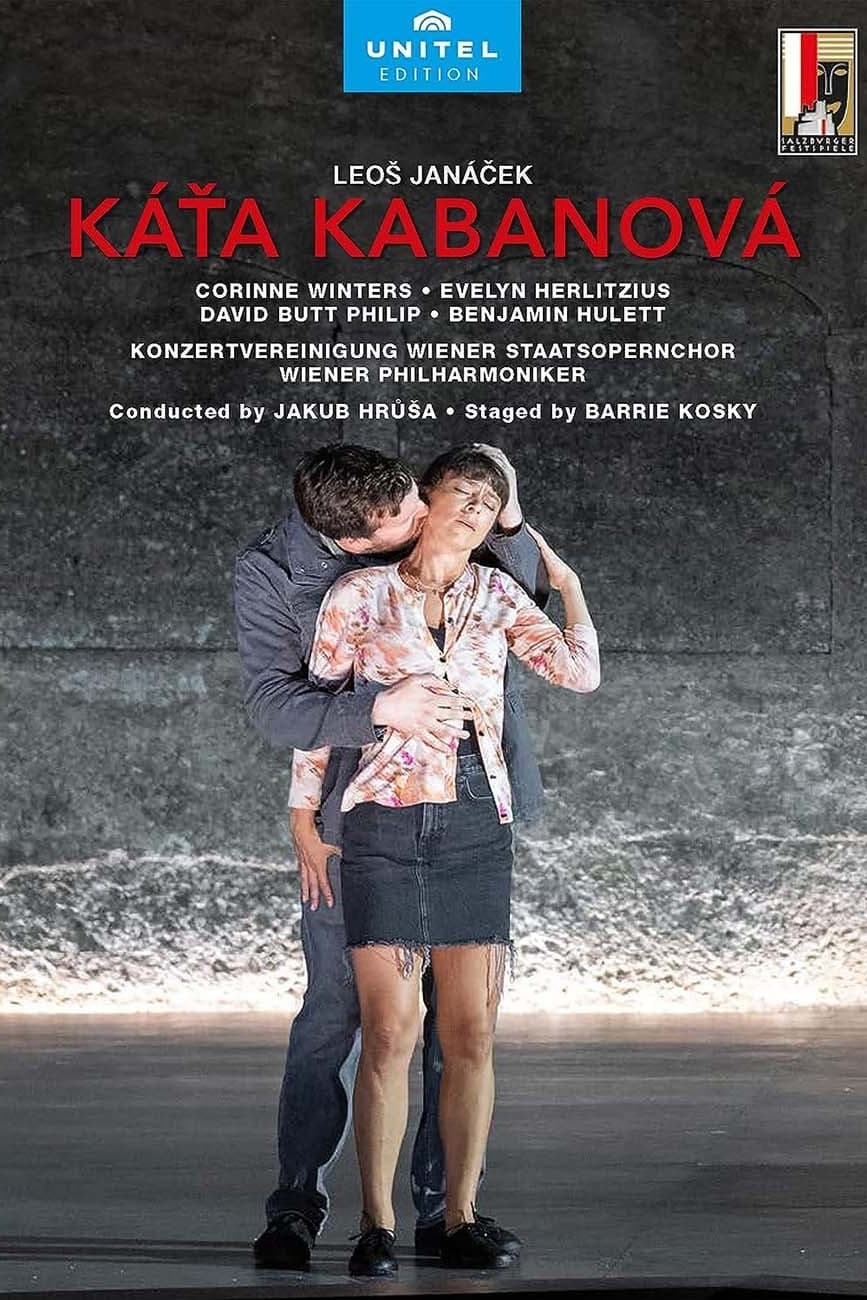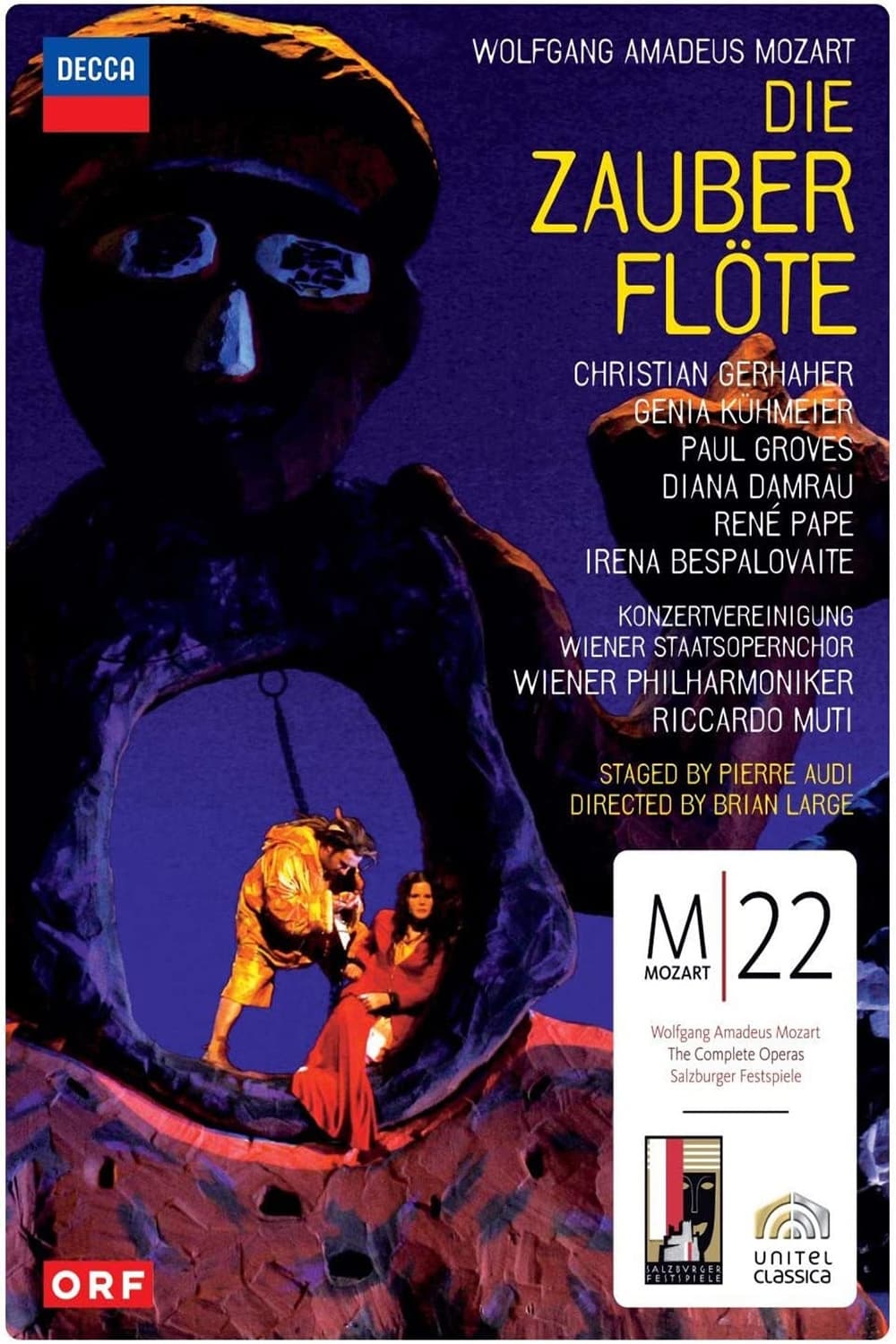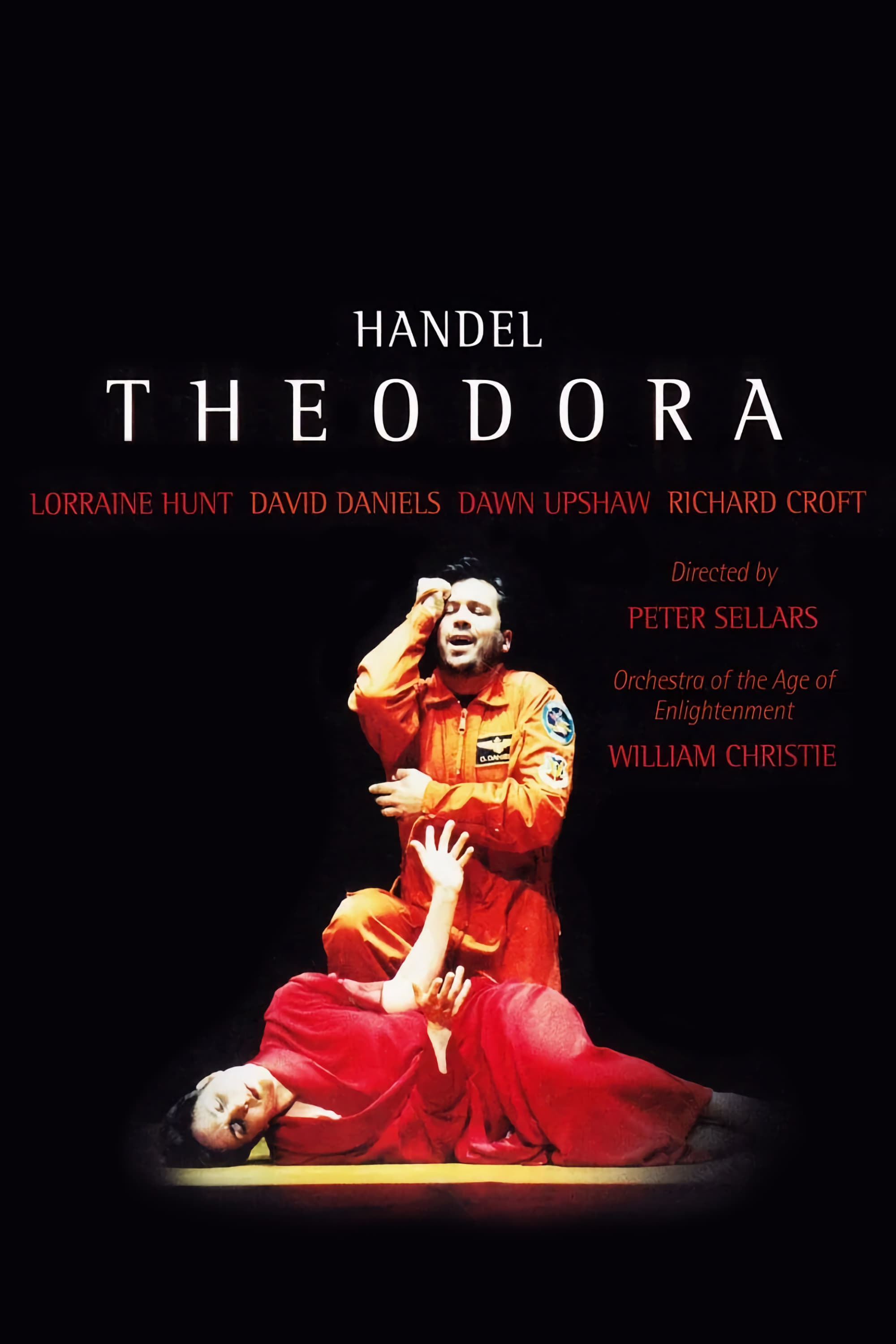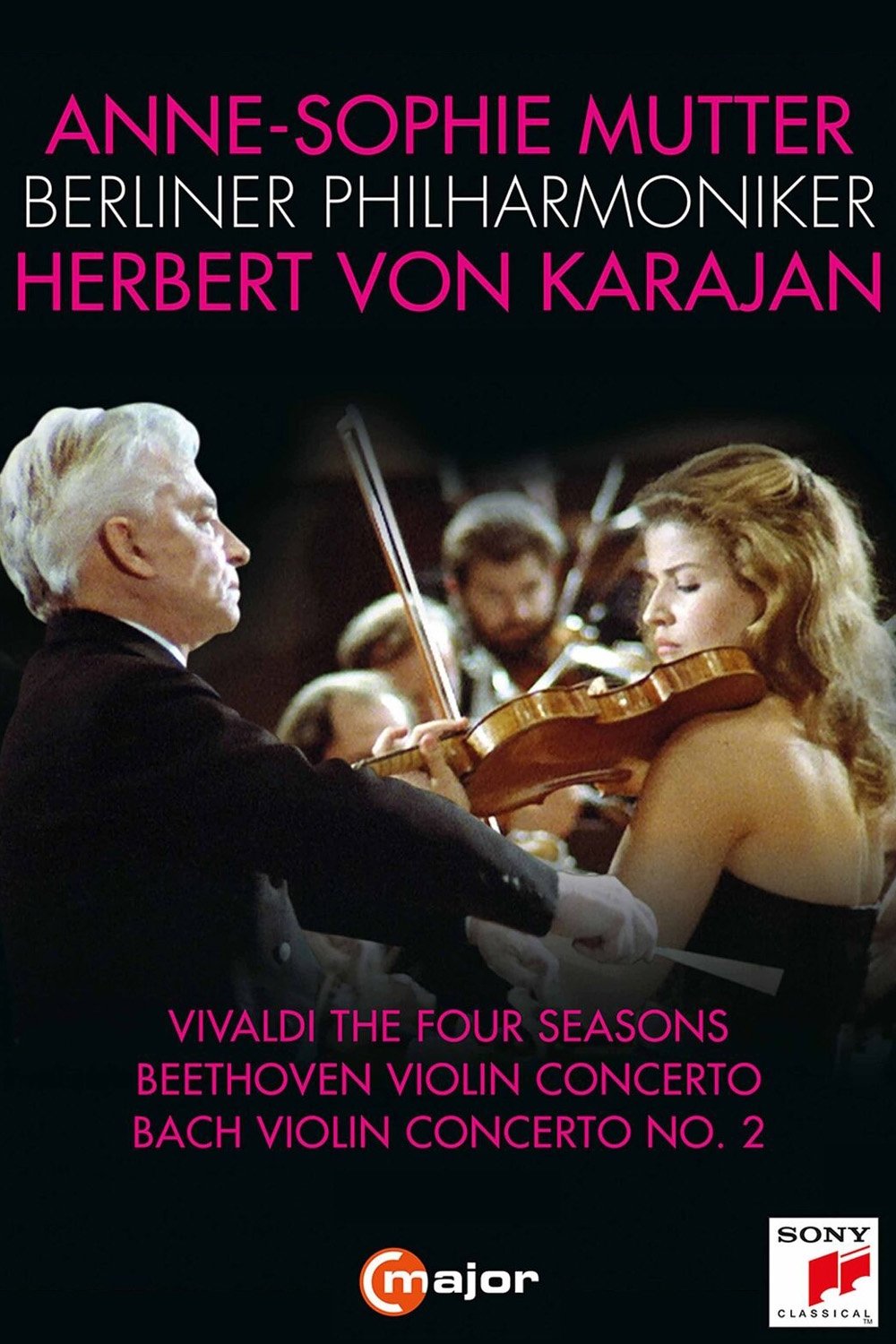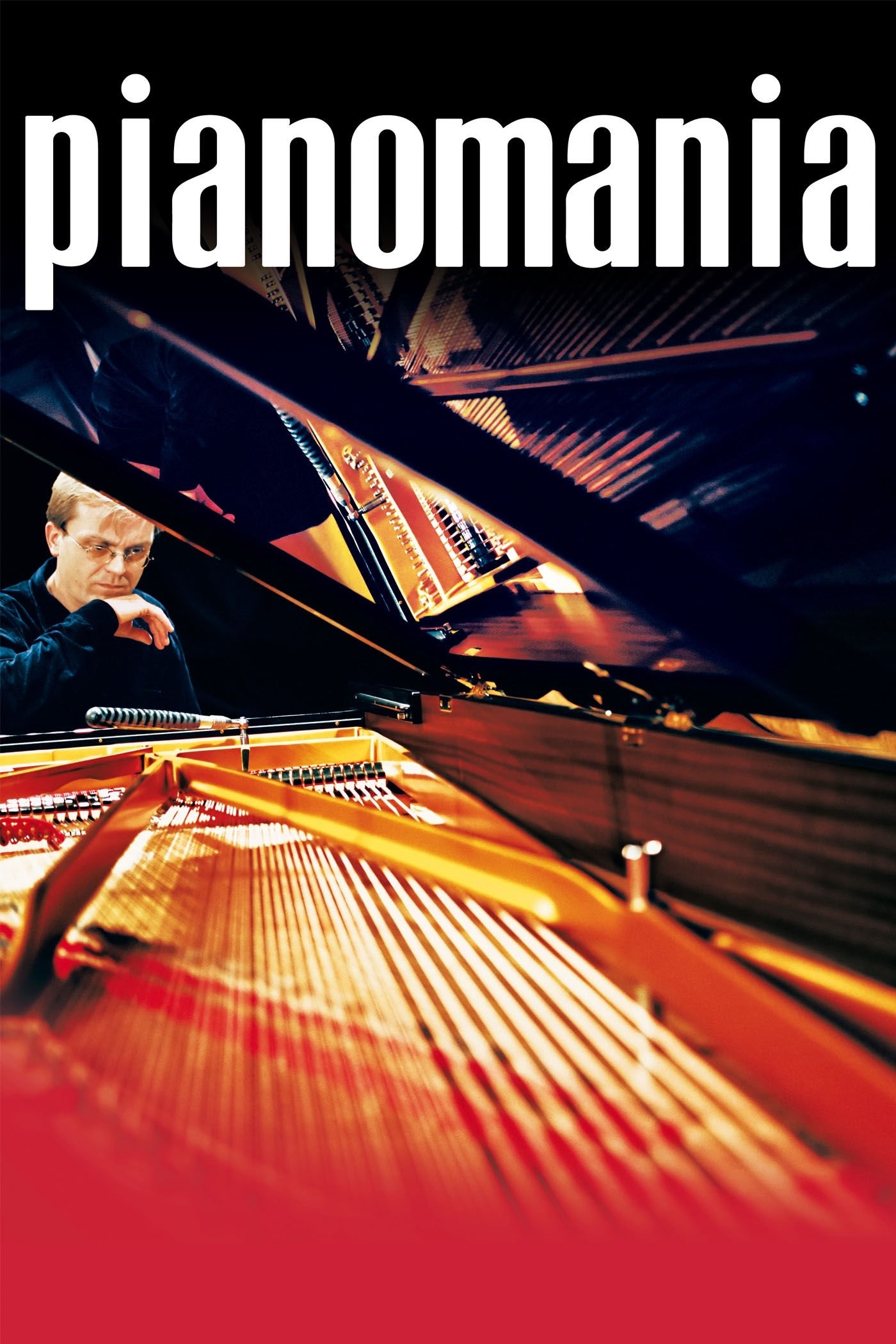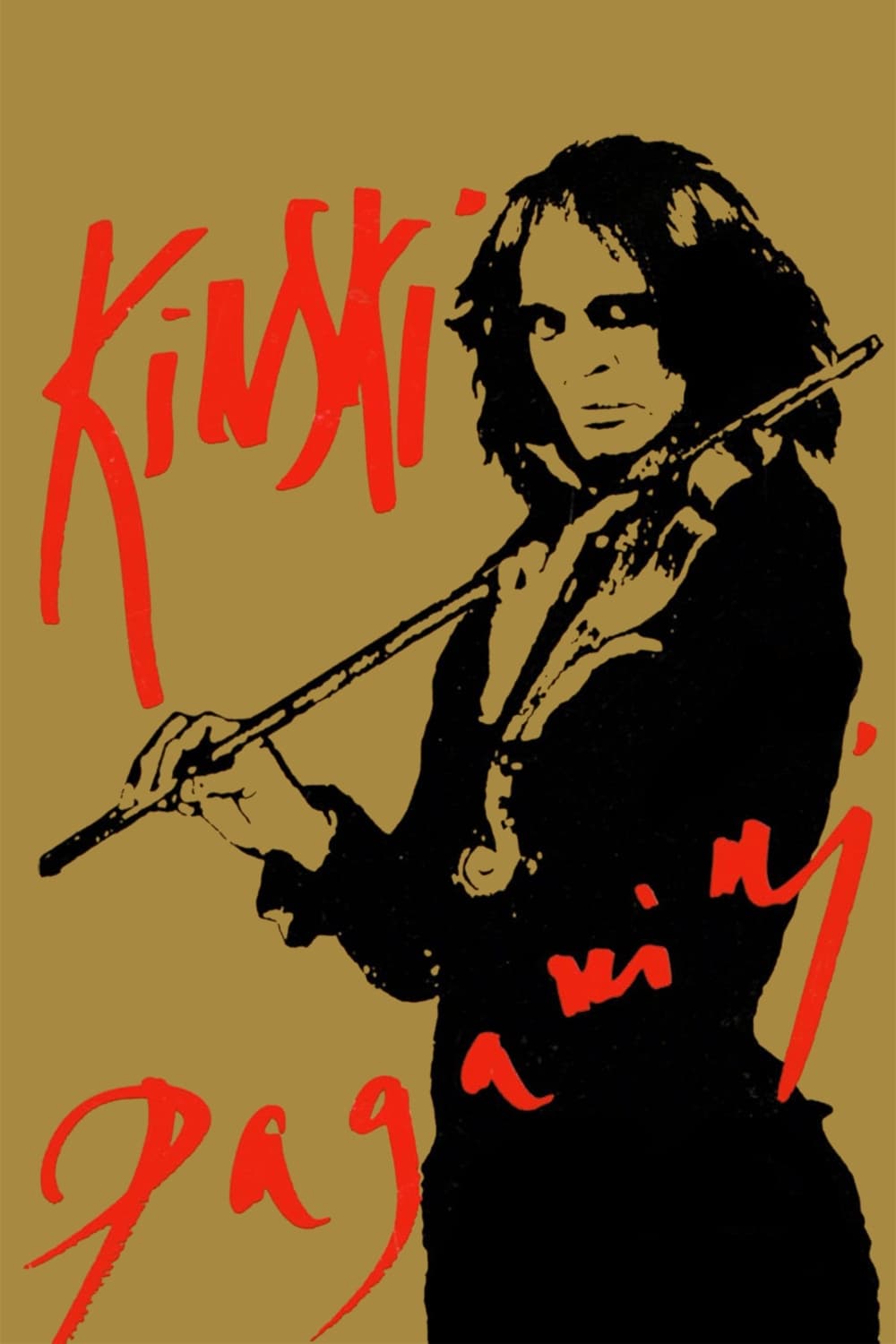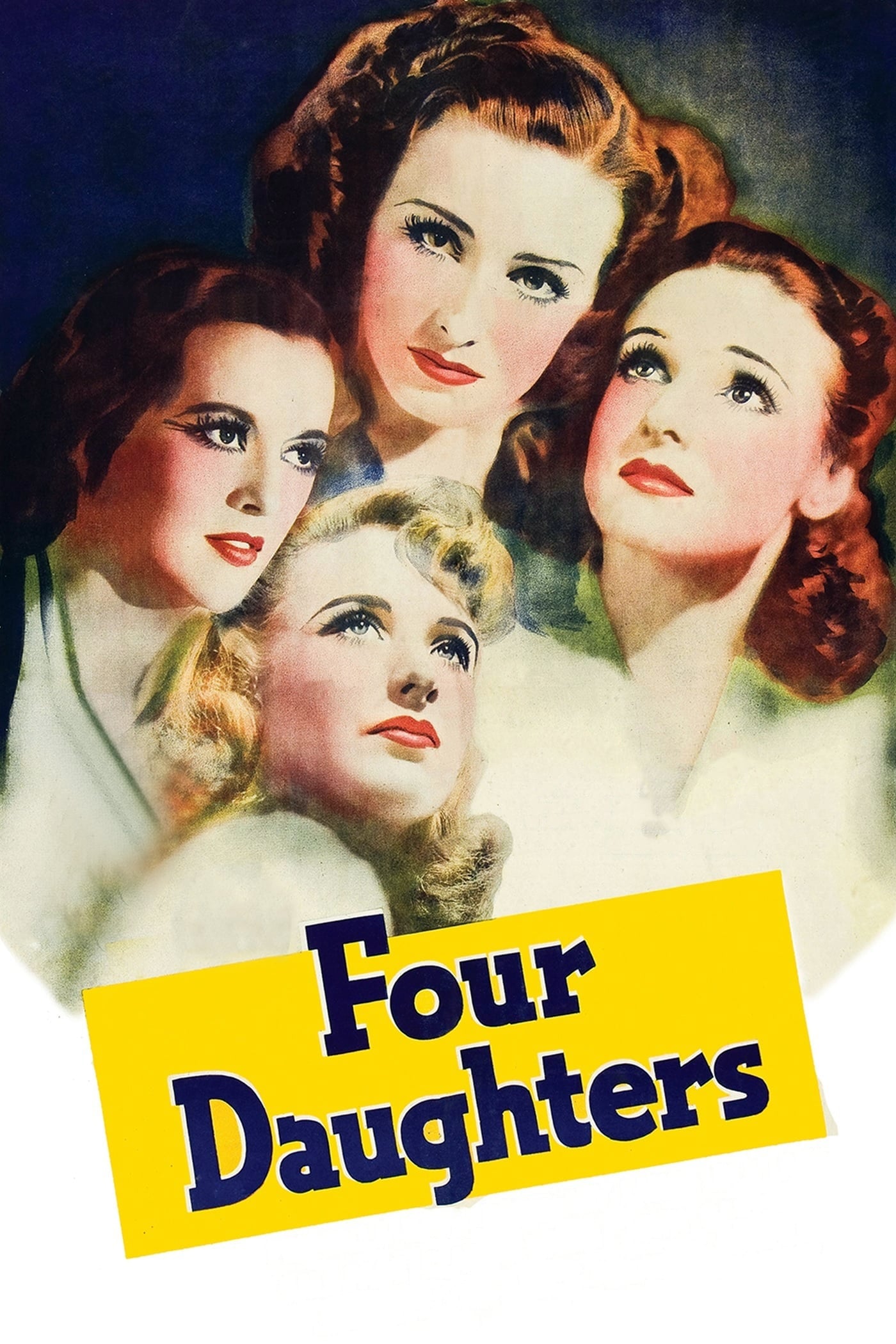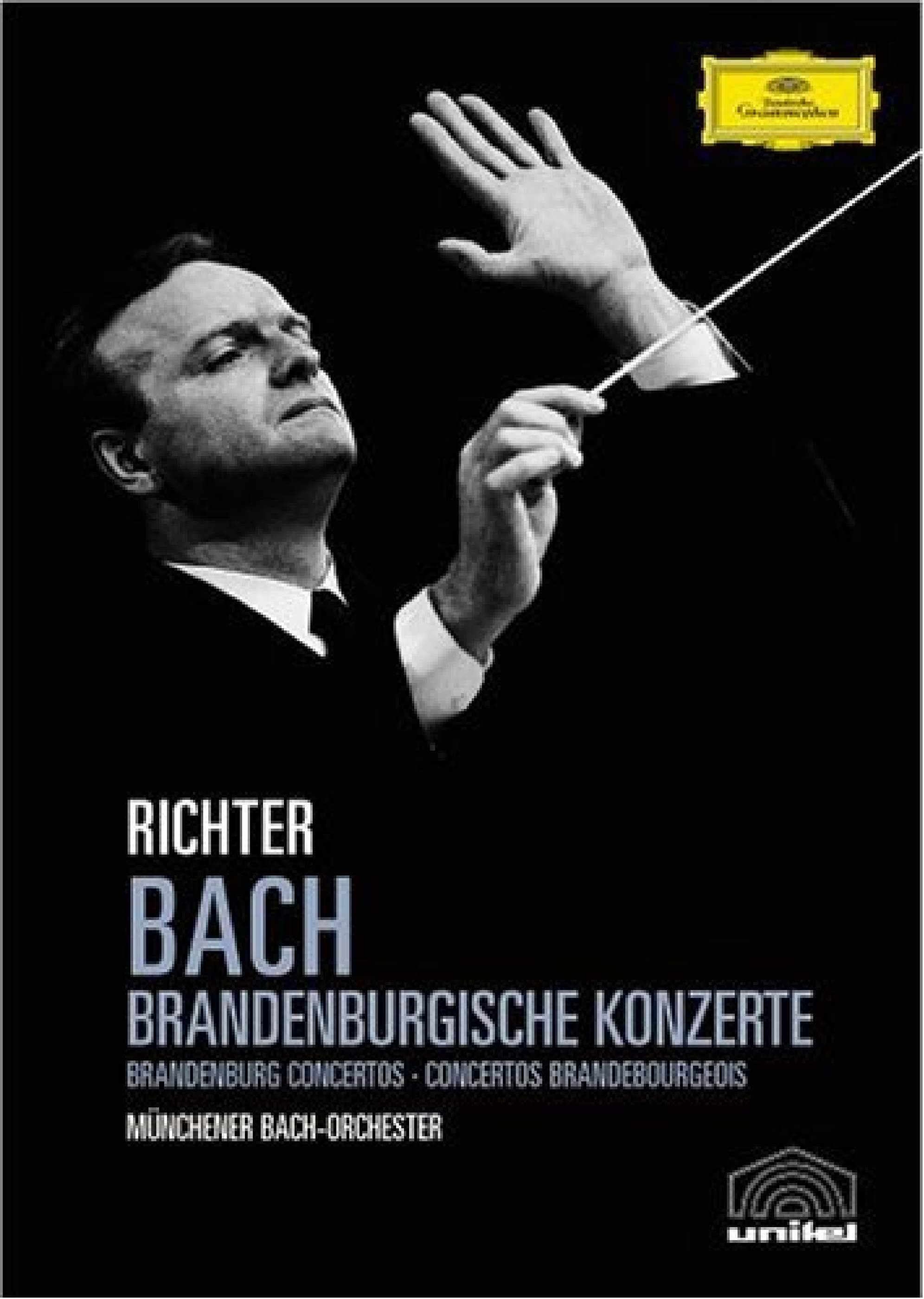Symphony n. 9 by Ludwig van Beethoven in St. Mark’s Square
2023
1h 8m
0.0(0 votes)
Music
Overview
Juraj Valčuha conducts Beethoven's Symphony 9th.
Links & Resources
Social & External
Cast & Crew
5 members
Acting
Federica Lombardi
Herself - soprano
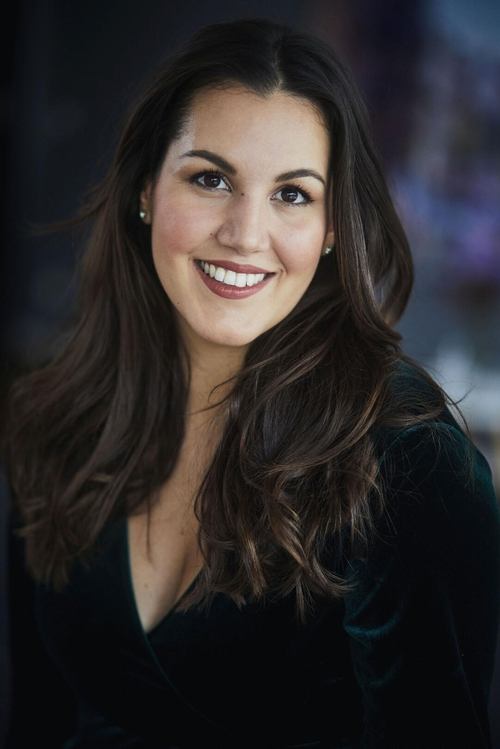
Acting
Veronica Simeoni
Herself - mezzo-soprano
No Image
Acting
Michael Schade
Himself - tenor
No Image
Acting
Mark S. Doss
Himself - bass
No Image
Sound
Juraj Valčuha
Conductor
No Image
Similar Movies
Recommended Movies

No Recommendations Yet
We're working on finding the perfect movies for you. Check back soon!
More movies coming soon
